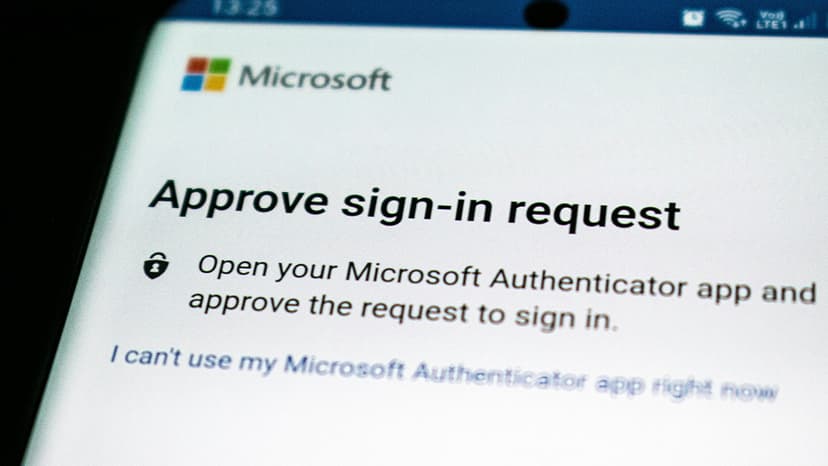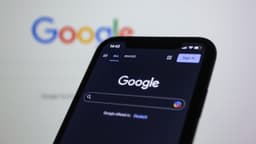Does ChatGPT Know More Words Than A College Student?
The AI revolution is unfolding before our very eyes, with language models like ChatGPT leading the charge. These AI systems can converse, write, even tell jokes – all with an uncanny resemblance to human communication. But a question lingers: Does ChatGPT know more words than a college student?
ChatGPT, developed by OpenAI, was trained on a colossal dataset of internet text. It doesn't "know" words like a human does, but rather understands patterns and frequencies of word usage. This exposure to a vast swathe of English text suggests ChatGPT's vocabulary is potentially larger than the English language itself, as it appears online. This impressive scope allows it to recognize, understand, and use a diverse range of words, from everyday terms to those rarely encountered.
College students, on the other hand, invest years in acquiring knowledge, including new words and specialized vocabulary relevant to their field. They read textbooks, write essays, and engage in academic discussions, contributing to their lexical repertoire. The average English-speaking college student has a working vocabulary estimated at 12,000 to 20,000 words, potentially recognizing as many as 40,000. This number expands with every book read, article written, and lecture attended.
So, does ChatGPT know more words than a college student? In terms of sheer volume, the answer is likely yes, due to its extensive exposure to text data. However, ChatGPT's knowledge differs from human learning. It doesn't grasp context, derive meaning from experiences, or understand the nuances of language like humans do. College students don't just memorize words; they connect them to experiences, concepts, and emotions, enriching their understanding.
ChatGPT's strength lies in its ability to quickly access its vast word database and generate appropriate responses. Give it a word, as mundane as 'bread' or as complex as 'pneumonoultramicroscopicsilicovolcanoconiosis', and it can likely recognize it, use it in a sentence, explain its meaning, or relate it to other concepts. In this area, it might outshine a typical college student, who may not have immediate recall of such a wide range of terms.
ChatGPT's linguistic prowess extends beyond vocabulary size. It understands syntax, grammar, and even some idiomatic expressions. It composes poetry, writes essays, and answers questions with a level of complexity that can be startlingly human.
But let's be clear: ChatGPT's impressive performance shouldn't be mistaken for genuine comprehension. Its responses are generated based on patterns learned during training. If it produces a seemingly profound statement, it's because it has "seen" similar constructs during its learning phase, not because it possesses a deep understanding of the English language. This is where the unique experiences and personal understanding of language nuances possessed by college students become their trump card.
The debate about vocabulary size highlights the distinct nature of language acquisition between humans and AI. While AI can amass an impressive vocabulary, understanding language involves more than just a large word count. It's about navigating context, emotion, and the subtleties of cultural nuance – areas where humans excel.
Returning to the original question: how many English words does ChatGPT know? It's akin to asking how many books a library contains that a librarian hasn't read. The number might be astounding, but it's the use and understanding of that content that truly matters. ChatGPT's knowledge is based on statistical patterns, and while it can mimic the use of a large vocabulary, true comprehension remains the domain of the human mind.
We are entering a fascinating era where AI like ChatGPT pushes the boundaries of what machines can achieve, impressing us with its linguistic capabilities. While it may possess a vast reservoir of words, the artistry and soul of language will forever be human.












